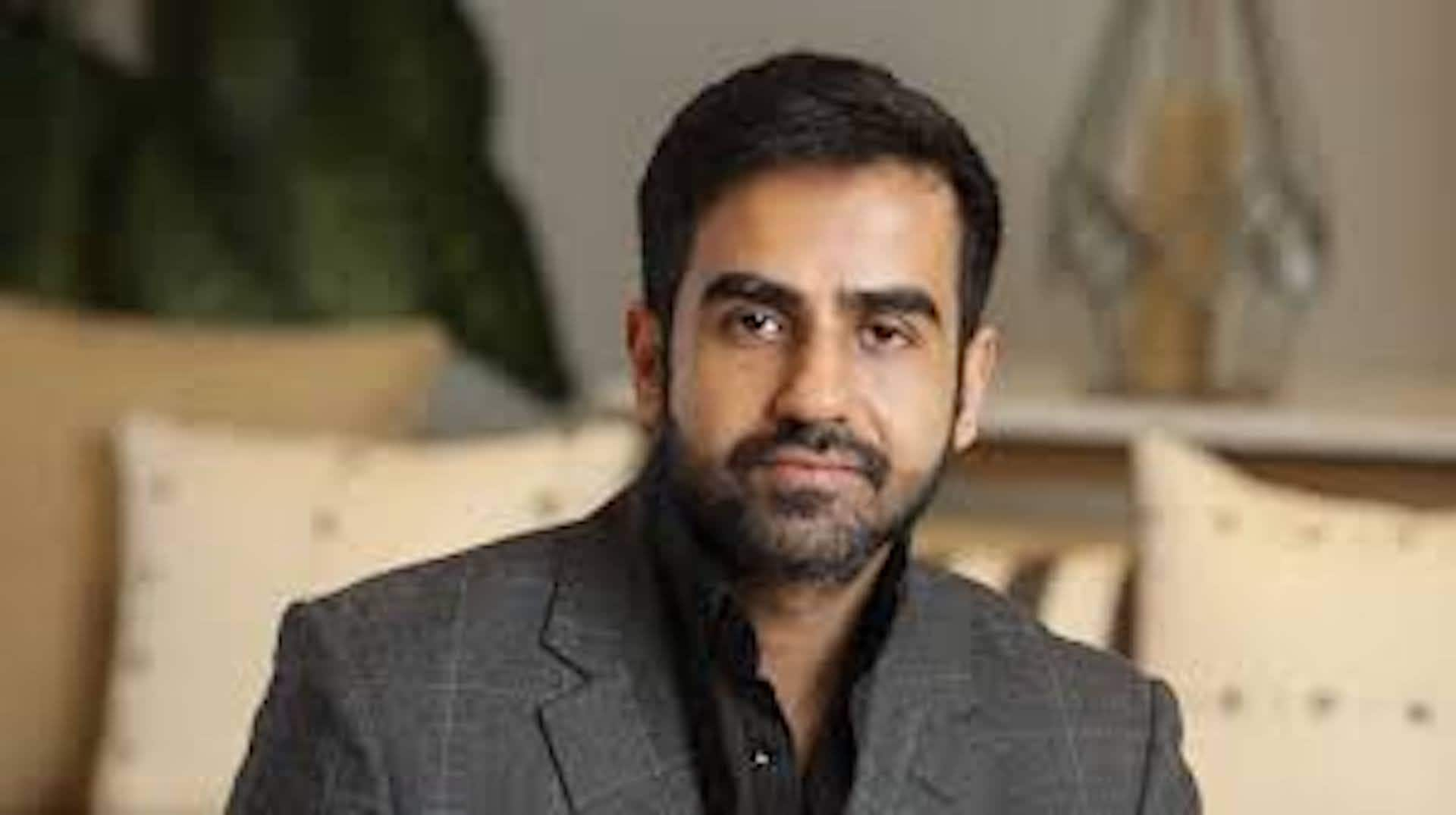
My recent conversation with Yann LeCun ( French-American computer scientist) was like peering into the vast possibilities of the future, where artificial intelligence isn’t just a tool but a force reshaping every aspect of our lives. For me, it raised a question — What does this mean for entrepreneurs, especially in India, a country with potential but with unique challenges of its own? Yann’s perspective on AI — its history, capabilities, and what it can do next—was both enlightening and grounding. At its core, AI is about creating and amplifying intelligence, but the true magic lies in applying it to solve real problems.
It’s easy to romanticise AI as a mystical force that will change everything overnight, but as Yann said, AI is a tool, not a wizard. Its impact depends entirely on how we use it, and for entrepreneurs, that starts with identifying the right problems. Unlocking AI's Potential: A Guide for Entrepreneurs in India India offers a fertile ground for AI-driven solutions in sectors like healthcare, education, and agriculture.

Imagine diagnostic tools powered by AI reaching rural areas where doctors are scarce, adaptive learning systems tailored to a child’s pace, or predictive analytics helping small farmers optimise their yields. Each of these possibilities begin with understanding the problem deeply and using data meaningfully. The analogy Yann used—the blind men and the elephant—applies here.
Entrepreneurs often get overwhelmed by the size of the opportunity and end up trying to tackle the entire elephant at once. The smarter move is to focus on solving one part exceptionally well before scaling up. What also stood out from our discussion was the collaborative nature of AI’s progress.
Yann described how breakthroughs in science happen when ideas collide, evolve, and build upon one another. Entrepreneurs should take note. While the world often celebrates solo founders or disruptors, collaboration is where real progress happens.
Solutions that wouldn’t have been possible in isolation. However, this doesn’t mean jumping into AI for the sake of it. The foundation must be strong—clean, meaningful data, a deep understanding of the audience, and a clear focus on solving a real problem.
AI isn’t a one-size-fits-all solution; it thrives on specificity. There’s also the question of responsibility. Yann’s reflections on the ethical implications of AI resonated deeply.
While AI can amplify intelligence and innovation, it can also widen inequalities if not built inclusively. Entrepreneurs bear a responsibility to ensure that their AI-driven solutions empower rather than exploit. Are we considering privacy, ethics, and accessibility in our innovations? Are we building systems that are inclusive and fair? These are not just philosophical questions but practical ones that will define the long-term success of AI-led ventures.
What next? India, I believe, is at a tipping point. With its massive data potential and entrepreneurial energy, the country has everything it needs to become a global leader in AI. But ideas alone aren’t enough.
Execution is where the battle will be won. Yann pointed out that intelligence — human or artificial—is about learning, adapting, and evolving. Entrepreneurs need to embody this principle, staying curious and agile in a landscape that is constantly shifting.
AI is not static; it grows, and so must we. Reflecting on this conversation, the most profound realisation for me is that AI is not the story of lone geniuses building groundbreaking machines. It’s a collaborative journey, combining data, technology, and human ingenuity to address real-world challenges.
For entrepreneurs looking to ride this wave, my advice is simple — focus on the human side of AI. Solve problems that matter, build with empathy, and constantly ask yourself, how can this make a meaningful difference? Intelligence, after all, is about learning, and if we can master that, the possibilities are endless. —The author, Nikhil Kamath, is an Indian investor and entrepreneur, and Co-Founder of Zerodha, True Beacon and Gruhas.
The views expressed are personal..















